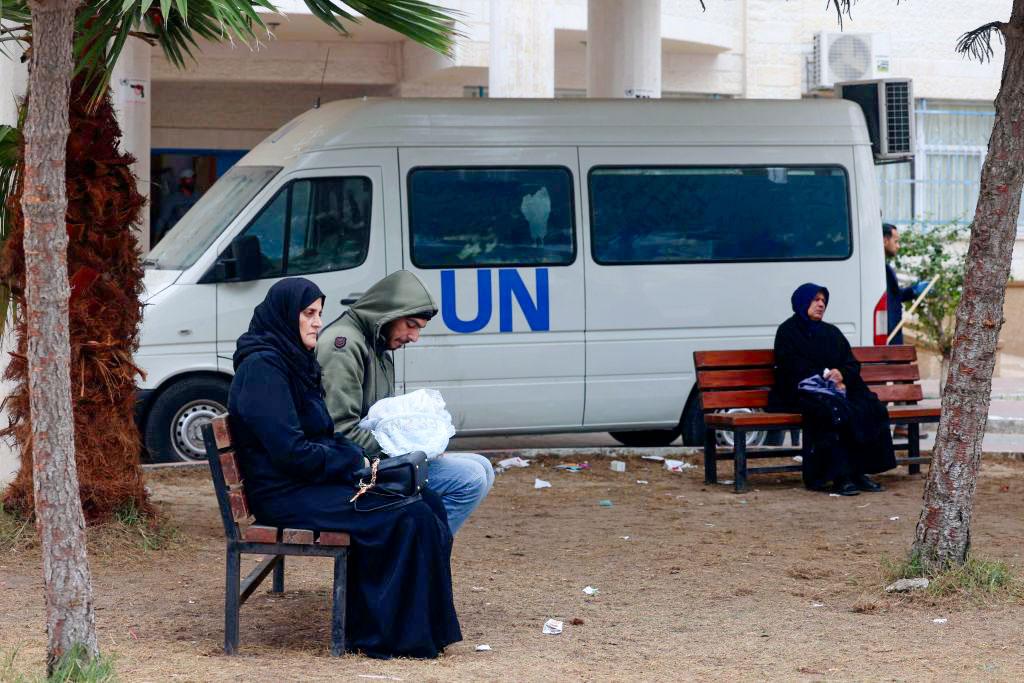Israel’s parliament, the Knesset, has voted to approve two laws banning the U.N. Relief and Works Agency (UNRWA) from operating on Israeli soil and severing all dealings with it, a move that has raised concerns over the impact on humanitarian aid in Gaza amid the ongoing conflict.
On Monday, the first law, banning the agency from operating in Israel, passed by 92–10. The second law, terminating all official connections with the agency, was voted through by 87–9.





